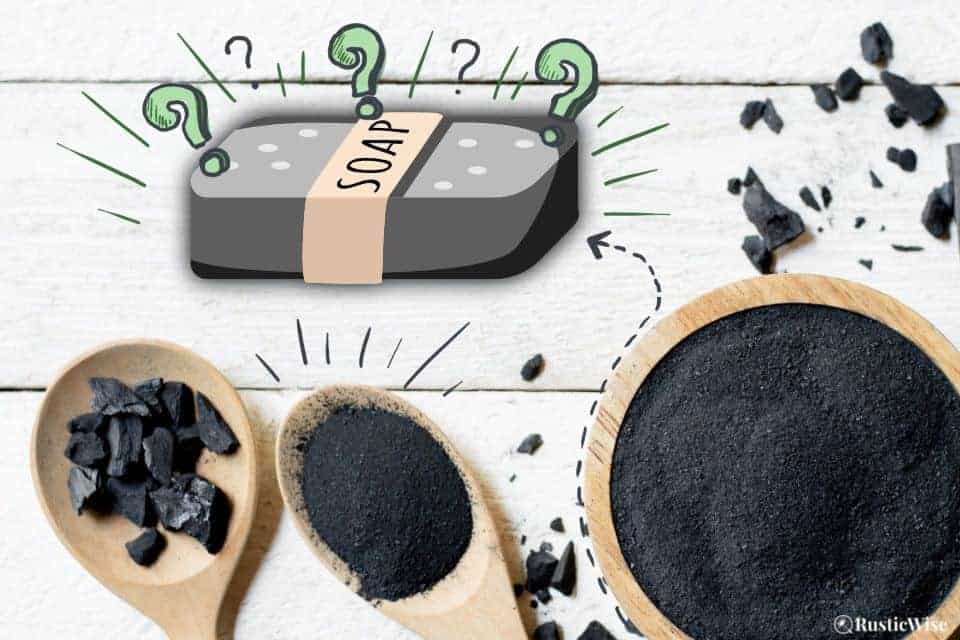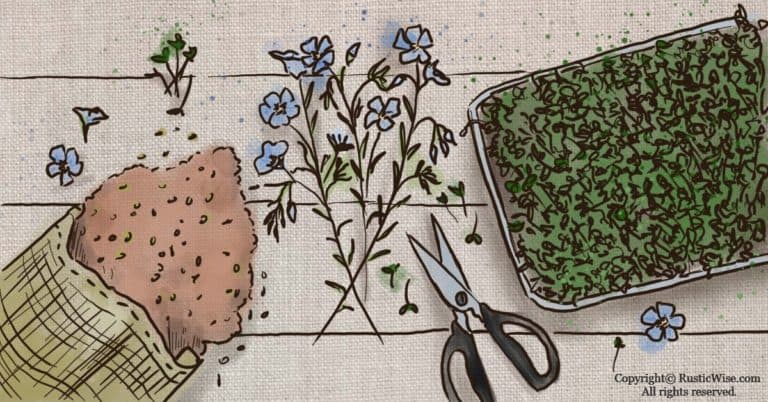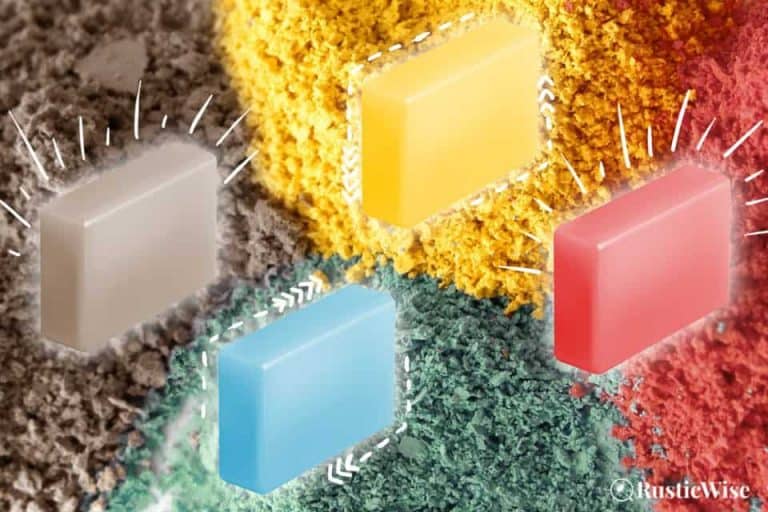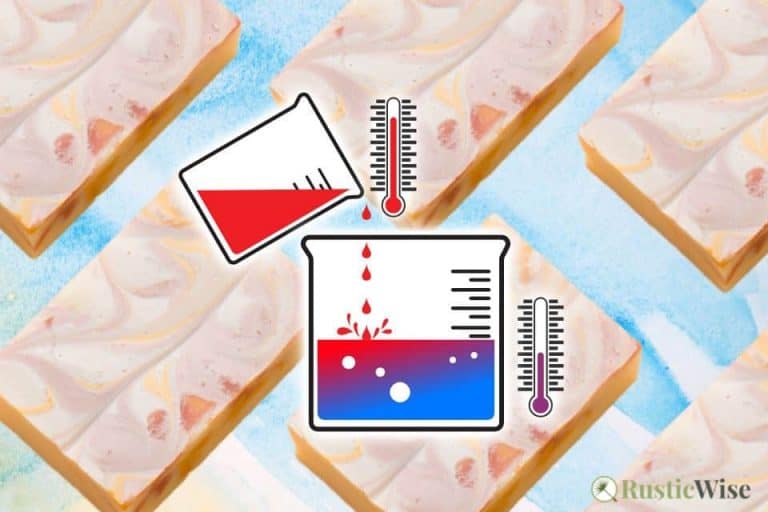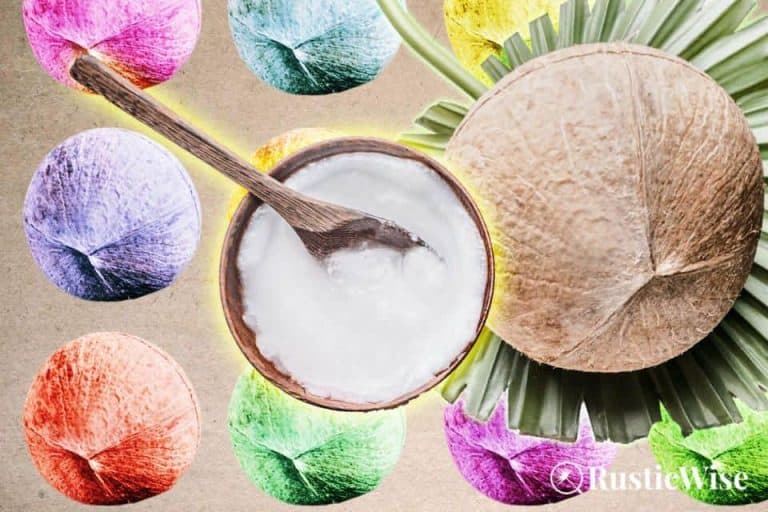Activated Charcoal Soap Benefits — Does It Really Work?
You’ll find activated charcoal used for a wide range of products. It’s used in your water filter to remove toxins. It’s kept in hospital settings as a detoxifier (should someone ingest something toxic or poisonous). And you’ve probably seen it touted as the latest beauty and skin care trend.
Activated charcoal (aka activated carbon) is listed as an ingredient in many beauty products, including facial masks, cleansers, and soap. While beauty companies are touting the benefits of activated charcoal as a skin purifier that can help with acne, eczema, and as an anti-aging cure-all, are there any real charcoal soap benefits?
We’ll take a closer look at whether you can expect any skin benefits from using activated charcoal soap, or whether it’s all hype.
What’s the difference between activated charcoal vs. regular charcoal
While these two substances share similar names, activated charcoal differs from regular charcoal. Activated charcoal is NOT the same as regular charcoal briquettes or burnt remnants you would find in an outdoor grill or firepit (which may contain harmful toxins).
Activated charcoal derives from burnt coconut shells, olive pits, or peat in a special oxygen-controlled environment.¹ The result is a very porous finely ground black powder with enhanced adsorption properties.
Adsorption vs. absorption
These two terms are often used interchangeably, but there are key scientific differences between adsorption and absorption.
Activated carbon has highly adsorptive properties, which means particles come together on a surface (like a magnet that attracts impurities). Adsorption occurs when particles bind together at the surface.²
Absorption on the flip side occurs when a substance enters or diffuses into a substrate. A substance is absorbed when it permeates the surface.
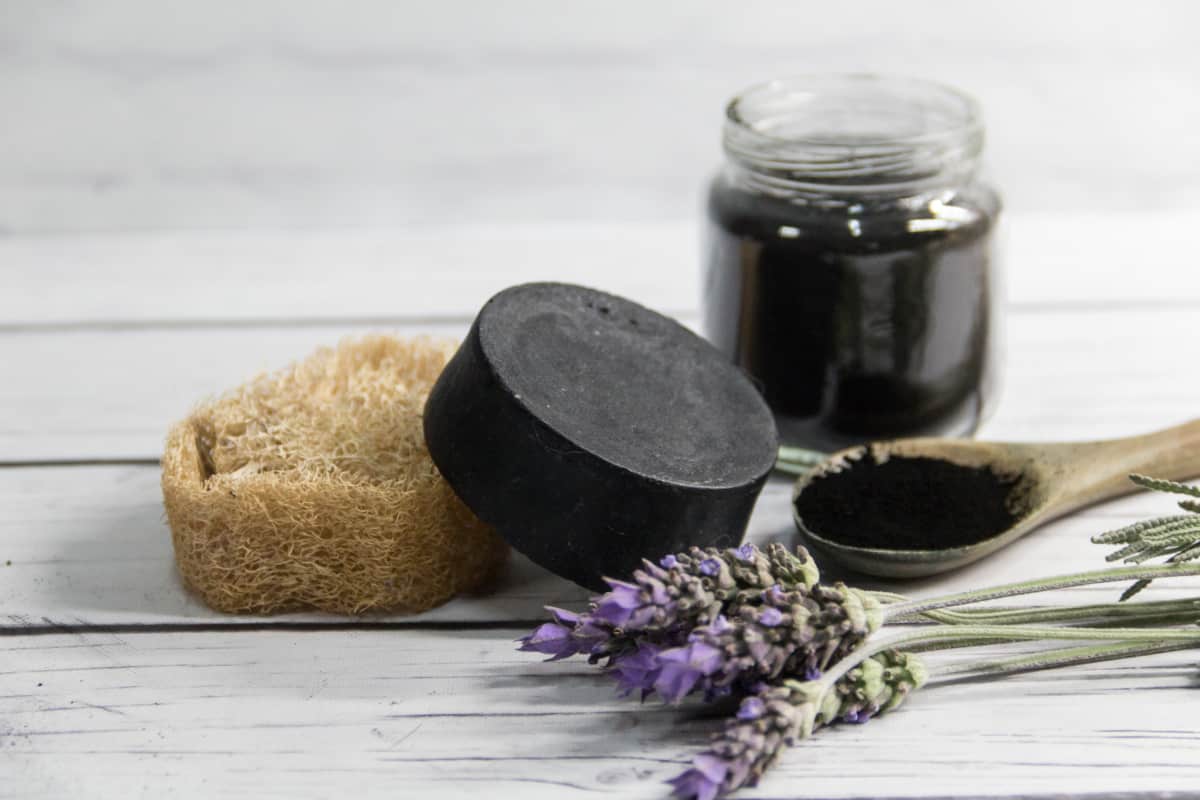
Credit: Yay Images
Properties of activated charcoal
The process of activated charcoal production exponentially increases the pore surface area of the finished activated carbon—approximately over 3,000 square meters per gram.¹
This equates to the surface area of a football field in just 1 teaspoon of activated charcoal.²
This increased surface area makes powdered charcoal a powerful agent to adsorb contaminants.
This activated carbon is often used to purify water drinking systems and to remedy industrial spills in natural waterways.²
In hospital settings, activated charcoal is sometimes used to remove toxins from the body after ingestion of a toxic or poisonous substance. The charcoal works to bind toxins before they are absorbed by the bloodstream.
It’s these adsorptive properties in other applications that led the beauty industry to create a plethora of carbon-based products such as charcoal masks, charcoal body washes, charcoal toothpaste, and more.
Are there any real charcoal soap benefits?
While there’s science behind activated carbon’s ability to absorb toxins in water and for some medical applications, how does activated carbon work topically when applied to skin as soap?
If you read the marketing claims of many companies selling charcoal products, they tout various charcoal skin benefits:
- Acts as a deep cleanser by purifying clogged pores
- Minimizes oily skin conditions by removing unwanted excess oils
- Shrinks pore size over time
- Helps with treatment of acne
- Great for eczema, psoriasis, and dandruff
- Fights signs of premature aging by promoting firmer, more elastic skin
- Acts as a gentle exfoliator, scrubbing off the top layer of dead skin cells
Sadly, there are no scientific studies to back up these claims.
A 2020 study examined activated charcoal’s effectiveness, if any, when applied topically to skin. The results show there’s a lack of evidence to show the efficacy of activated carbon for anti-aging purposes, or other claims.
The good news is that a charcoal skin care product such as charcoal soap is generally safe to use. As an inert compound, activated carbon poses a low risk.
The length of time charcoal is left on skin plays a role in oil adsorption
A 2011 study looked at oil adsorption by various compounds (activated carbon, bentonite and deposited carbon). The results show that the amount of oil adsorbed increased with the length of contact time. The compounds reached equilibrium after 2 hours.⁴
If you think about how we use soap, it’s rinsed off in a matter of seconds, maybe minutes.
If you’re using a bar of charcoal soap, this small timeframe isn’t adequate for the charcoal to adsorb much, if anything.
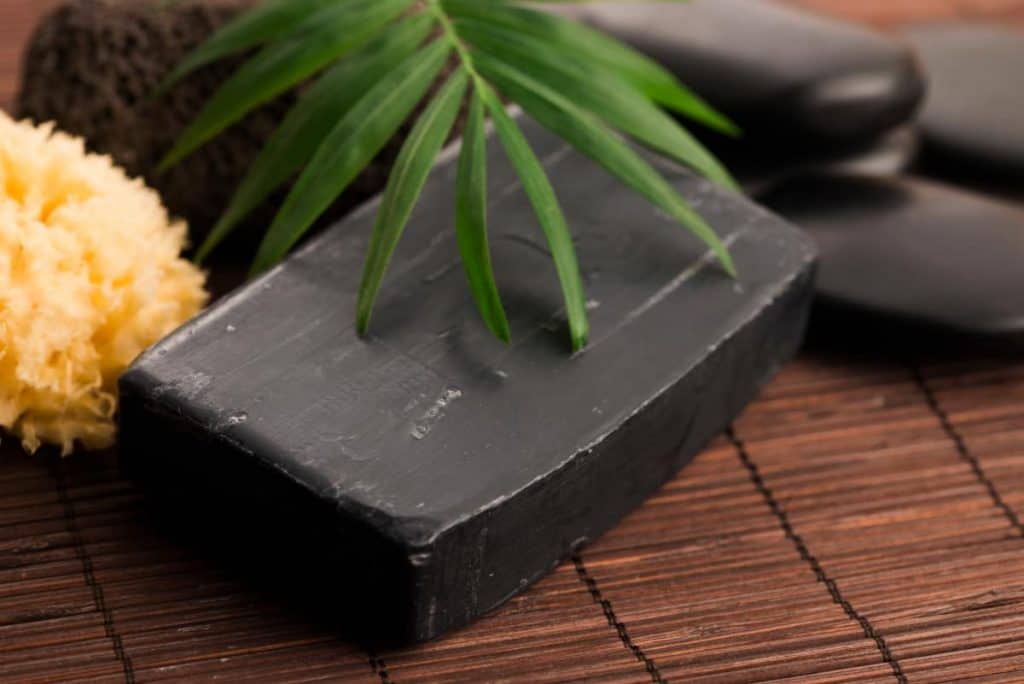
Credit: Yay Images
Why you might still want to use charcoal soap
While we just debunked some of the marketing myths of activated charcoal, there are still some valid charcoal soap benefits (just don’t expect that bar to be a miracle cure-all for aging and skin-purifying purposes!). Many homemade soap bars contain other skin-healing ingredients that are still beneficial.
- Natural ingredients: Many handcrafted soap bars contain skin-nourishing oils, such as olive oil, coconut oil, or jojoba oil, to name a few examples. Your skin can still benefit from these ingredients, many of which provide moisturizing properties.
- Cleansing: A bar of charcoal soap will still work to clean your face and hands just like any other soap. So scrub off surface dirt and enjoy gently cleansed skin.
- May be mildly exfoliating: Depending on the size and amount of activated charcoal added to the soap, your skin may still enjoy gentle exfoliation of the top layer of dead skin cells.
Besides the above benefits, you might just like to try black charcoal soap for its novelty. And after all, there’s no harm in trying something new out that’s safe for most skin types.
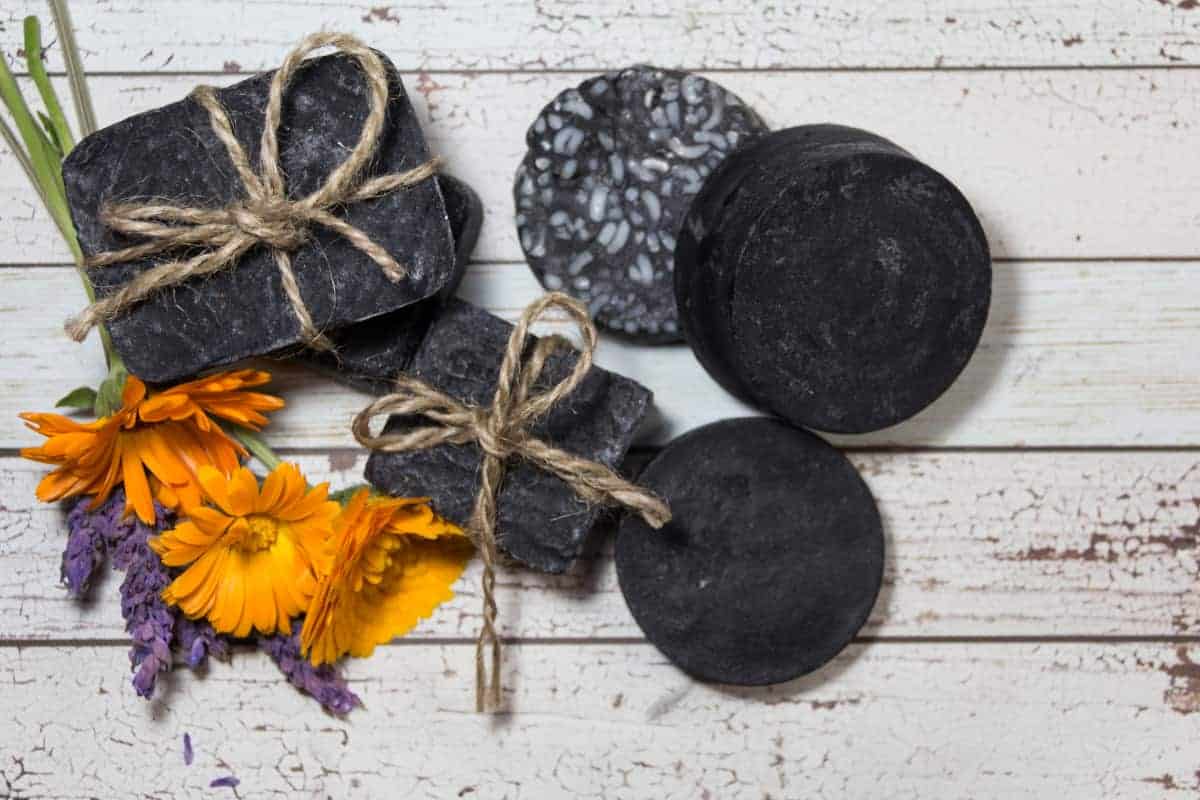
Credit: Vector State
Beware of charcoal peel-off masks
You might have seen charcoal peel-off masks that claim to deep clean blackheads and pores, and to treat acne. You might have also seen videos of people (painfully) peeling off these black masks and shrieking in pain.
The expression, “no pain, no gain” doesn’t have to apply to facial skin care.
Doctors have warned consumers to steer clear of these masks as they may cause permanent damage to skin.⁵ There’s potential danger of:
- Englarged pores
- Scarring
- Hypo pigmentation (especially those with darker skin types)
Masks purchased online aren’t subject to the same regulations, so your charcoal mask may be of questionable quality.
Want to remove impurities in your skin? Try this instead
If you want to minimize the size of pores and truly tackle impurities trapped deep within pores, why not try purifying clays instead?
Clays have both adsorptive and absorptive properties, making it a clear winner.
Science also backs up the proven antibacterial properties of some clays.⁶
Some types of healing clays such as kaolin clays are especially mild—suitable for those with sensitive skin types.
And, if you’re looking for a natural and gentle exfoliant to use in your next DIY soap or facial scrub, you could try:
- Coffee grounds
- Colloidal oatmeal/finely ground oats
- Sugar
- Sea salt
The final word on activated charcoal soap benefits
If you’re hoping that activated charcoal may solve your anti-aging woes, acne, eczema, or pore size, you may be disappointed. While activated charcoal has many great adsorptive properties, there’s no science to back up any of the beauty claims many companies profess activated charcoal has.
But that charcoal soap bar still has some benefits in the other natural, skin-loving ingredients used.
If you’re selling soap, be careful of touting the “health” benefits of activated charcoal, now that we’ve debunked any myths. (The current FDA definition of soap is something that cleans the skin; anything more and your product is classified as a cosmetic.)
Related questions
What’s the difference between charcoal soap and African black soap?
While charcoal soap is typically black in color, African black soap is actually not black. African black soap, is a traditional handcrafted soap that ranges in color from brown to beige. It’s made of palm oil, or palm kernel oil, coconut oil, and unrefined shea butter.
👉 Find more Natural Wellness topics on nourishing your body and soul with natural food, herbs, and plants. 🌿
New to making soap? 🧼❓
👉We have a fantastic overview on the whole soapmaking process here: read our Timeless Guide To Soapmaking.
If you would like to see our soapmaking posts organized by topic type, see our Soapmaking Collection.

References
- Sajjad, M., Sarwar, R., Ali, T., Khan, L., & Mahmood, S. U. (2021). Cosmetic uses of activated charcoal. International Journal Of Community Medicine And Public Health, 8(9), 4572. https://doi.org/10.18203/2394-6040.ijcmph20213569
- Nowicki, Henry (01 February 2016).”The basics of activated carbon adsorption,” Water Technology. Accessed March 2022.
- Sanchez, N., Fayne, R., & Burroway, B. (2020). Charcoal: An ancient material with a new face. Clinics in dermatology, 38(2), 262–264. https://doi.org/10.1016/j.clindermatol.2019.07.025
- Okiel, K., El-Sayed, M., & El-Kady, M. Y. (2011). Treatment of oil–water emulsions by adsorption onto activated carbon, bentonite and deposited carbon. Egyptian Journal of Petroleum, 20(2), 9–15. https://doi.org/10.1016/j.ejpe.2011.06.002
- W-USA-9, Doctors warn of charcoal face mask dangers, https://www.wusa9.com/article/news/local/doctors-warn-of-charcoal-face-mask-dangers/65-460532923. Accessed March 2020.
- Williams, L. B., & Haydel, S. E. (2010). Evaluation of the medicinal use of clay minerals as antibacterial agents. International geology review, 52(7/8), 745–770. https://doi.org/10.1080/00206811003679737

Author: Theresa Tesolin
Theresa is co-founder of RusticWise. She helps people unleash their inner DIY spirit by encouraging them to get dirty and make or grow something from scratch.

